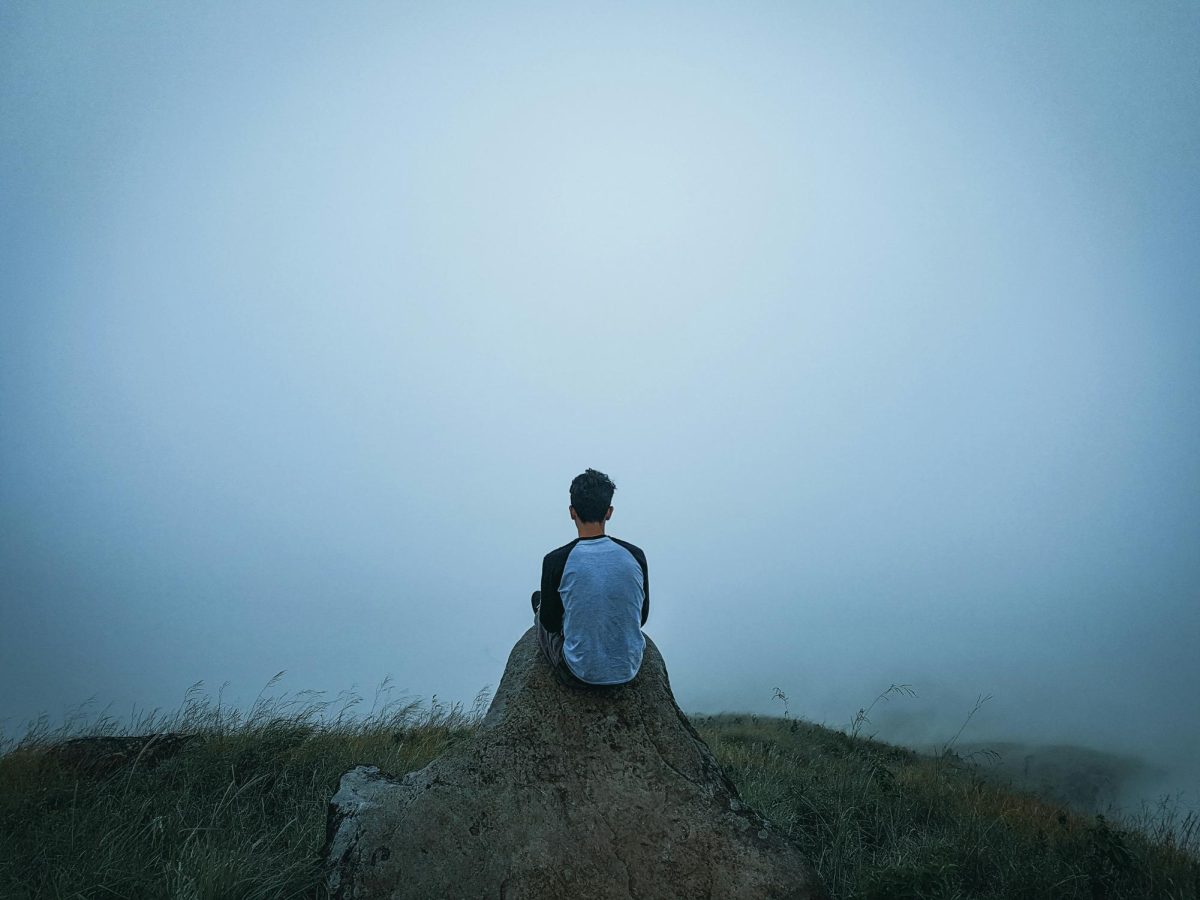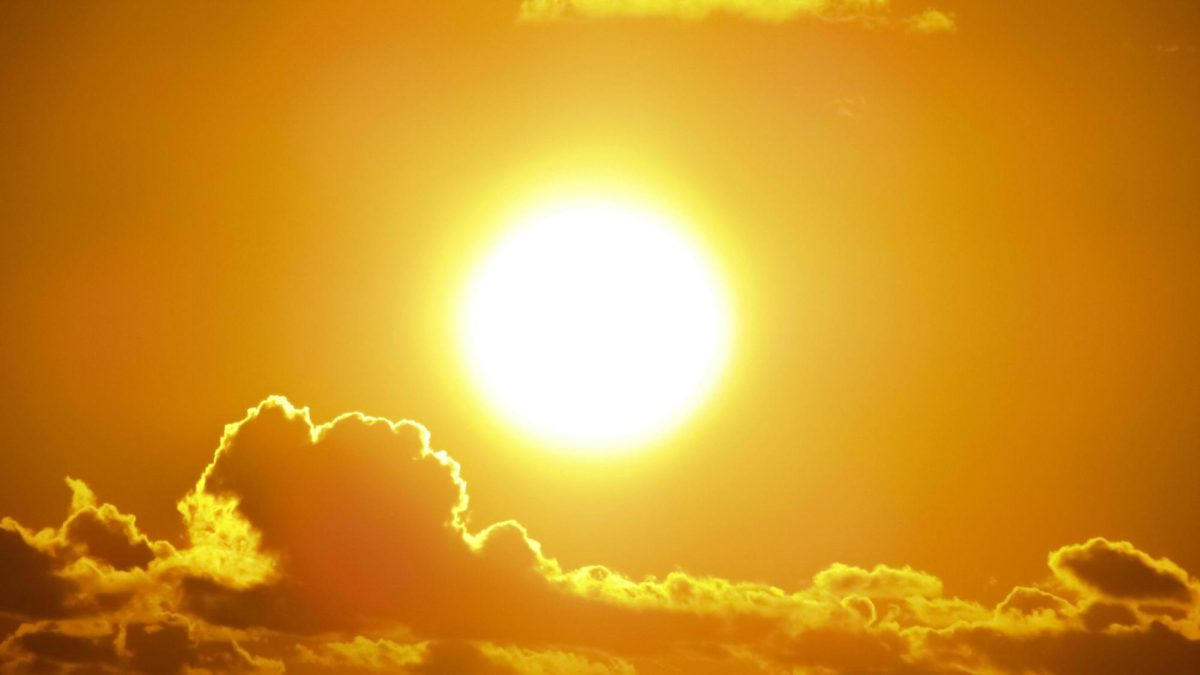As the sun sets sooner and the weather gets colder, it’s natural to fall into a type of slump during the winter season. This is a phenomenon commonly referred to as the “winter blues”. Mental health can decline and people may feel, well, as the name suggests, blue. But why is this? Well, most research points to the lack of sunlight people get during the cold months. Because of the reduced exposure to sunlight, your body’s natural clock, or circadian rhythm, may be impacted by this shift. This may lead to your continued production of the sleep hormone melatonin, which reduces your energy and mood.
However, when scrolling through social media, you may hear people refer to this experience as “seasonal depression”. While it may be an accurate representation of how one may feel during the winter season, seasonal depression is a different entity. Seasonal affective disorder, or SAD, aligns with more intense symptoms than the ones frequently discussed online. It is a major depressive disorder that is mostly shown in the winter because of the shortening of days. Winter blues, however, may not always indicate serious depression. More often than not, subclinical depressive symptoms that manifest in the fall or winter are referred to as SAD or seasonal depression.
Make sure to keep an eye on your mental health all year round, but especially during the colder seasons when times can usually get tough. If needed, don’t be afraid to change some things in your day-to-day lifestyle to make you feel better. “For people who experience a few symptoms in the winter, such as low energy or mildly lower mood, they would be good candidates for implementing lifestyle changes first,” states Stephanie Sutton, MD. “Other people may have underlying depression that can exacerbate in the late fall or winter. Those patients may need intervention earlier.”
Some tips to help if you’re feeling down are…
- Spending time outside, to get fresh air or sunlight.
- Hang out with friends and family to stay socialized.
- Light therapy
- Eating a healthy diet
- Getting a healthy amount of sleep
- Establishing a hobby that you enjoy
With these tips, try not to fall into the everlasting loop of “just have to make it to Friday”. If you’re feeling blue for extended periods of time, try to talk to a counselor or health care provider. We have a great counseling team here at LHS if you need to reach out for anything. If you or someone you know is struggling with mental health issues, do not hesitate to seek professional help or call the National Alliance on Mental Illness HelpLine at (800) 950-6264.


















